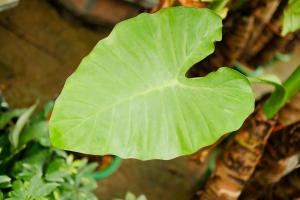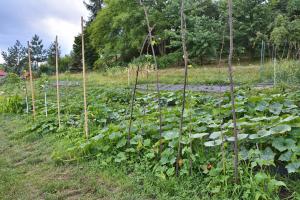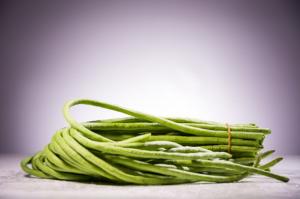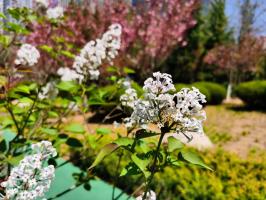Is Rain Water Better for Indoor Plants?
Many people believe that rainwater is better for indoor plants because it is natural and contains many beneficial minerals. However, the answer to this question is not as simple as a yes or no. Here are some factors to consider:
The Benefits of Rainwater
Rainwater is naturally soft and free of pollutants, making it an ideal source of water for indoor plants. It also contains minerals such as nitrogen, magnesium, and potassium, which are beneficial for plant growth. Additionally, rainwater has a neutral pH, which means it is not too acidic or alkaline. This is important because plants prefer a pH that is close to neutral.
The Drawbacks of Rainwater
Despite the many benefits of rainwater, there are some drawbacks to consider. Firstly, collecting rainwater can be a hassle, especially for those who live in apartment buildings or do not have access to outdoor space. Secondly, rainwater can be contaminated by pollutants in the air or on rooftops, which can harm plants. Finally, rainwater can be too cold for some indoor plants, which may prefer warm water.
The Alternatives
If collecting rainwater is not an option, there are other alternatives to consider. Tap water is a common source of water for indoor plants, but it can contain chlorine and fluoride, which can harm plants. The solution is to let the tap water sit out for 24 hours before using it on plants, as this allows the chlorine and fluoride to evaporate. Another alternative is to use filtered or distilled water, which does not contain any harmful chemicals or minerals.
The Bottom Line
So, is rainwater better for indoor plants? The answer depends on a variety of factors, including the availability of rainwater, the quality of the water, and the preferences of the plants. While rainwater has many benefits, it may not be the best choice for all plant species or growing conditions. Ultimately, the key to healthy indoor plants is to provide them with the right amount of water, nutrients, and sunlight, regardless of the source of the water.
In conclusion, if you have access to clean and uncontaminated rainwater, it can be a great source of water for your indoor plants. However, if collecting rainwater is not an option, there are many other alternatives to consider. The most important thing is to keep your plants healthy and thriving by providing them with the right type and amount of water, nutrients, and sunlight.

 how many times do yo...
how many times do yo... how many planted tre...
how many planted tre... how many pine trees ...
how many pine trees ... how many pecan trees...
how many pecan trees... how many plants comp...
how many plants comp... how many plants can ...
how many plants can ... how many plants and ...
how many plants and ... how many pepper plan...
how many pepper plan...































